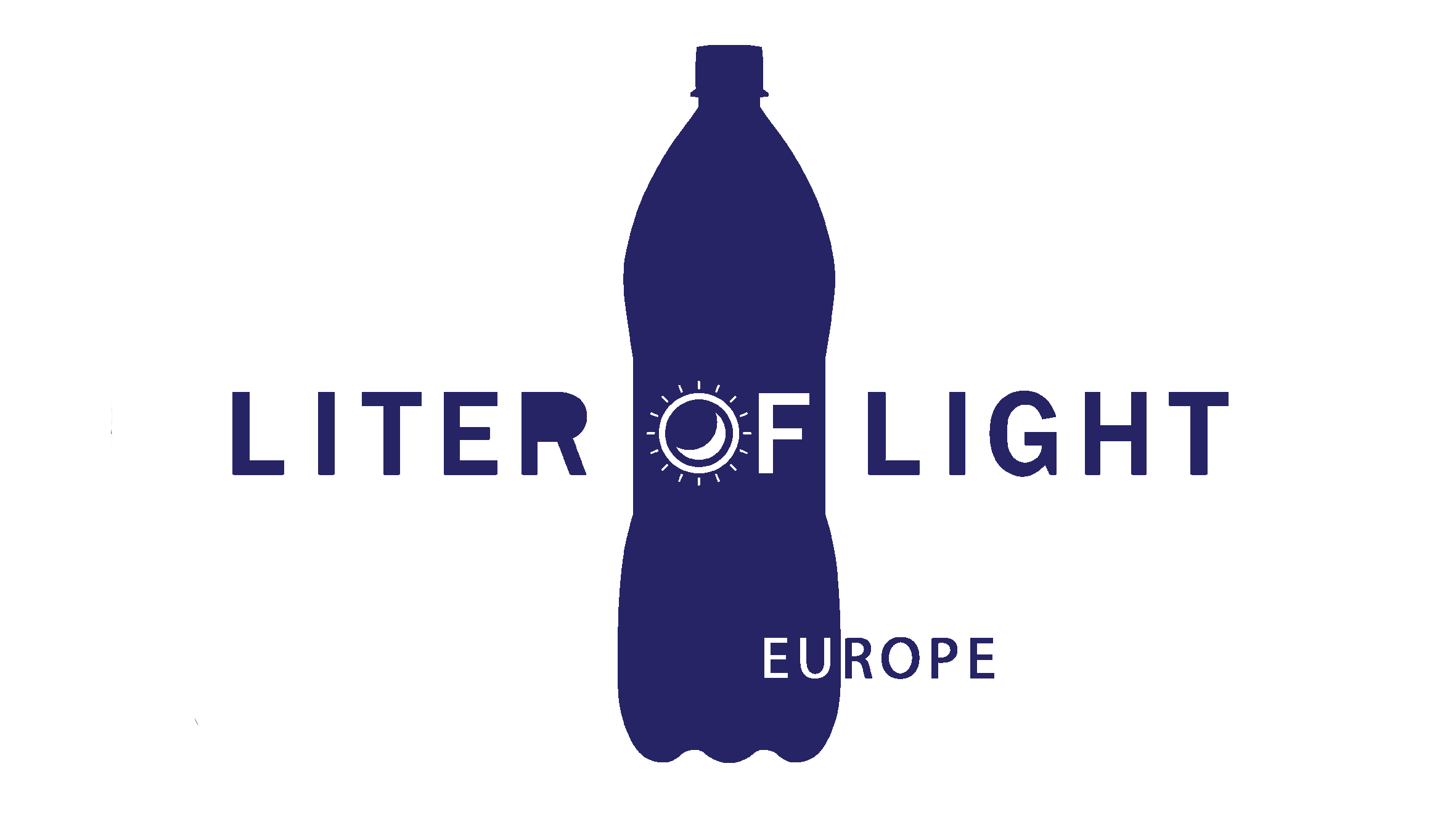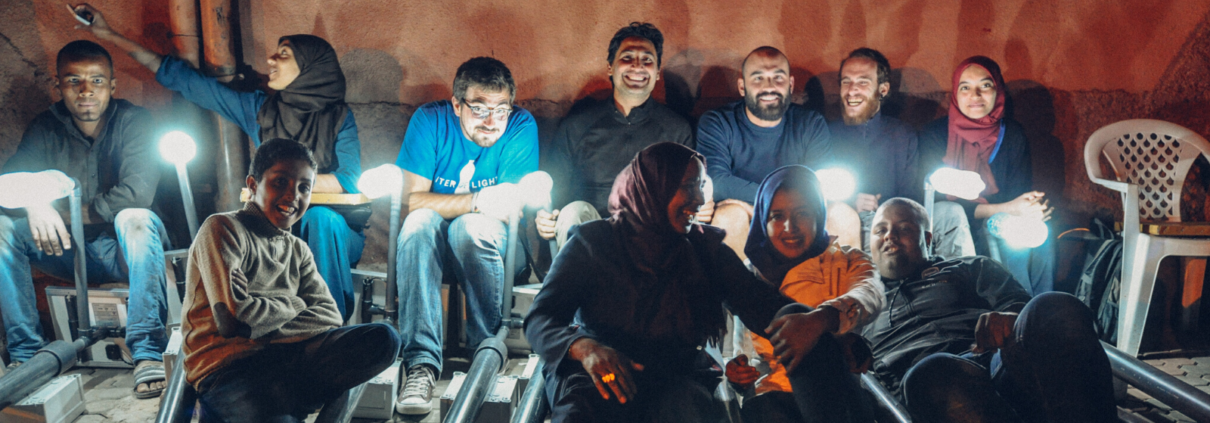OUR NETWORK
In his spare time, a mechanic spends his spare time “inventing” solutions to make everyday home life easier. Nothing sophisticated, something simple reusing materials found here and there. Among others, one invention stands out for its simplicity and usefulness. The mechanic drilled a hole through the tin roof of his house and places a transparent plastic bottle containing clear water and a couple of chlorine caps. As a result, the sunlight that hits the bottle is amplified and radiated inside the room, illuminating it fully with a power of 60 Lumens. The mechanic has just created a daytime chandelier that costs less than two US dollars.
It happens that the mechanic is called Alfredo Moser, and that his home is part of one of the main and most crowded favelas of the city of Rio de Janeiro in Brazil. And it also happens that, like all his neighbors, Mr. Moser is not a particularly wealthy person.
Alfredo Moser shares his discovery with the inhabitants of the favela, and in turn they share it with their known people scattered throughout Brazil, and from Brazil this simple yet effective solution spreads to the rest of the world.
From a favela house, the invention of a creative mind has today changed the lives of millions of people in conditions of energy poverty at any latitude and this solution is called Liter Of Light.
This is only an example of the changes that the sharing of knowledge can generate, and how a simple and accessible solution for everyone can go where economic interests stop: the least ones, the forgotten ones, the invisible ones.
The Liter Of Light network, while evolving technology and methods of intervention, has made this philosophy its cardinal point, applying it to all the interventions carried out worldwide. To cope with the dramatic lack of access to basic services such as drinking water, energy, food, it is unthinkable to continue with the unsuccessful welfare approach that has characterized 80 years of international cooperation.
It is necessary to share innovation and knowledge to generate sustainable business and competition on a local basis that will really benefit the local population.
In order to enhance local entrepreneurship, Liter Of Light has always pursued the “zero expatriates” goal. That is to say that if on the one hand there is an international collaboration between the teams and it often happens to make travel abroad, on the other hand all the professionals involved in the project work in the same country where they reside.
This choice allows to develop, assist and closely monitor all the on-field activities carried out, providing effective support to the beneficiary communities; at the same time, when it is necessary to carry out a feasibility study or a project is conceived, the staff is directly in contact with the interested communities and the direct relationship maximizes the effectiveness of the interventions.
The “zero expatriates” goal was also designed due to the environmental component, another cornerstone of Liter Of Light.
The geographical proximity to the interventions carried out drastically reduces logistics costs (-70%) and consequently the emissions generated by it. Moving by road or rail, where possible, generates an exponentially lower environmental impact than air transport, and the transfer of know-how to local inhabitants on lamp maintenance further lowers it.
It is possible to think of a truly inclusive, responsible, sustainable and effective international cooperation on the territory, which creates resilience and opportunities for those who are deprived of it, but in order to achieve this goal we must start from the bottom: from the needs of these people and their potential. Creating not divisive, but inclusive sharing tools.
Without these tools, we will continue to patch the problem without remedying it, thus condemning millions of individuals to mere survival rather than life.



Leave a Reply
Want to join the discussion?Feel free to contribute!